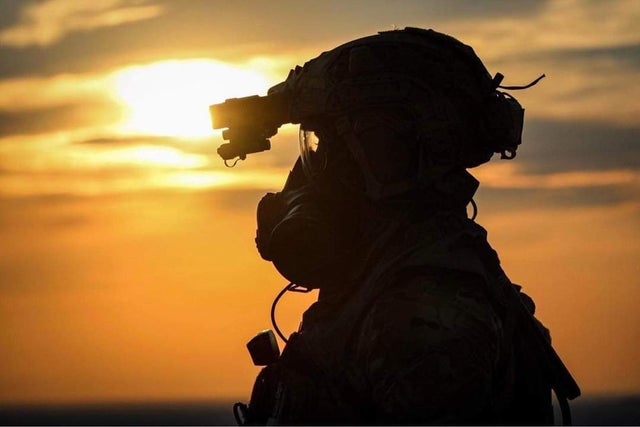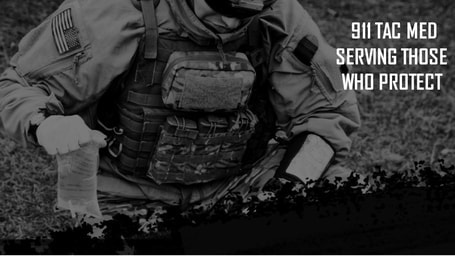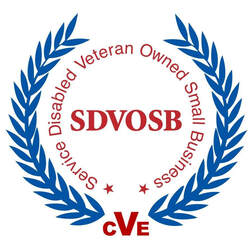- PRODUCTS
- >
- TRAINING DIVISION
- >
- ONLINE TRAINING COURSES
- >
- ONLINE VERSION ANTITERRORISM TACTICAL MEDIC CBRNE TCCC COURSE
ONLINE VERSION ANTITERRORISM TACTICAL MEDIC CBRNE TCCC COURSE
ANTITERRORISM TACTICAL MEDIC CBRNE TCCC COURSE:
The use of chemical warfare agents is not only relegated to WWI: The US Department of Homeland Security – FEMA, Co-TCCC, are both currently working on chemical warfare/agent casualty management guidelines CPG #69, and the Committee for Tactical Emergency Casualty Care published guidelines. With the offensive use of chlorine, sulfur mustard, and nerve agents in Syria & Iraq over the last several years, chemical warfare is a current problem. This course covers agents of concern, how they generate casualties, their clinical presentation, and exactly what to do to optimally manage and treat the casualty in front of you.
This course references scientific articles, US manuals (ATPs), several handbooks, and is current best practice in the Military Medical Clinical Practice Guidelines. This course was designed by those who train the best for the real thing and passing the touch to the next generation. It goes beyond just chemical warfare agents by also covering biologic, radiologic, nuclear threats, and their casualty management in a prehospital setting. This is not a rehash of a chemical warfare textbook chapter, nor is it a traditional firefighter hazmat class discussing Level-A suits and shower and ladder decontamination. This course is designed to help you manage patients from the Point of Injury (HOT ZONE)/Decon (WARM ZONE)/Treatment (COLD ZONE) to better help you identify the threat agents, keep yourself safe, and manage casualties that may be victims of trauma, agent effects, or both.
This course is designed for the Tactical Paramedic on special teams, Military, other Agencies and Decon Teams that deal with the possibility of these types of events. The course is easy enough for everyone who has taken a Tactical Casualty Care class, uses the TCCC guidelines for medical providers, or the TECC guidelines for ALS providers. Although the course includes antidotes and agent treatments, many of which are paramedic level skills, the material is presented to be approachable by anyone seeking additional preparedness. This course is consistent with the TECC Chemical Warefare Agent/Threats guidelines,


